After the election of steering committee in 2019, the new executive committee was appointed. The current executive committee consists of representatives of the founding organisations of ESP and highly active ESP members.
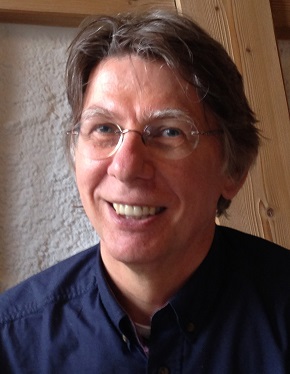
Rudolf de Groot
Chair
Environmental Systems Analysis Group
Wageningen University & Research Centre (WUR), The Netherlands
Ru(dolf) de Groot is Associate Professor in Integrated Ecosystem Assessment & Management with the Environmental Systems Analysis Group of Wageningen University, the Netherlands. He is a Landscape Ecologist by training and has worked for more than 35 years on the use of ecosystem services as a tool for sustainable environmental planning, management and decision making.
De Groot was involved as Coordinating Lead author in the UN-supported Millennium Ecosystem Assessment (2001-2005) www.maweb.org and in the global study on “The Economics of Ecosystems & Biodiversity” (TEEB 2008-2010) www.teebweb.org (leading the Conceptual Framework chapter and the development of a database on monetary values of Ecosystem Services).
From 2010-2018 he was Editor-in-Chief of the International Journal on “Biodiversity Science, Ecosystem Services and Management” (Taylor & Francis) and from January 2019 he is Editor-in-Chief of the Elsevier Journal “Ecosystem Services: Science, Policy & Practice”. He published numerous papers and since 2018 is listed among the top 1% most cited researchers on cross-disciplinary topics.
Next to his scientific work he is passionate about the practical applications of the ecosystem services concept. He is among others Special Advisor on Ecosystem Services and Nature Based Solutions of the IUCN Commission on Ecosystem Management (CEM), member of the Steering Committee of the UNEP International Resource Panel and Chair of the Ecosystem Services Partnership (www.es-partnership.org), a worldwide network to enhance the science and practical application of ecosystem services assessment.

Benjamin Burkhard
Co-chair
Institute for Physical Geography and Landscape Ecology
Leibniz University Hannover, Germany
Benjamin Burkhard is a geographer and landscape ecologist teaching and working with transdisciplinary human-environmental system analyses in various national and international projects. He is Full Professor of Physical Geography and Director of the Institute of Physical Geography and Landscape Ecology at Leibniz University Hannover. His main research focus is on landscape ecology, landscape structures and process analyses, mapping of ecosystem services and applications in environmental management. He is an active member of the EU working group on Mapping and Assessment of Ecosystems and their Services MAES and was Coordinator of the EU Horizon 2020 project ESMERALDA. Besides his function as Co-Chair of ESP, he is leading the ESP Thematic Working Group Mapping Ecosystem Services. Furthermore he is Vice President of the International Association of Landscape Ecology IALE and Editor-in-chief of One Ecosystem – Ecology and Sustainability Data Journal. His teaching activities include classes on human-environmental system analysis, ecosystem services, agro-ecology, landscape sciences, Physical Geography and GIS at BSc, MSc and PhD level.
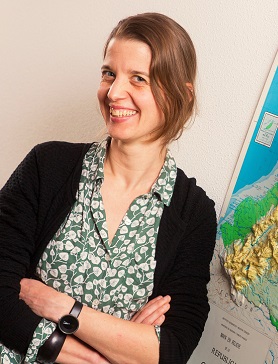
Louise (Wieteke) Willemen
Executive Secretary
Faculty of Geo-Information Science and Earth Observation (ITC),
University of Twente, Netherlands
Louise (Wieteke) Willemen has worked on ecosystem services and rural development issues since 2003. Her research primarily focusses on making quantitative spatial information on ecosystem services available to support multi-objective decision making in agricultural areas. Her current research includes (RS-based) ecosystem service mapping and monitoring, impact assessments of integrated restoration, and prioritization of investments in land degradation neutrality actions. She contributes to bridging science-policy through her roles as Coordinating Lead Author of the Land Degradation and Restoration assessment of IPBES, collaborates with on-the-ground partners eg in South Africa, Ethiopia and Suriname, is involved in popular science activities, and does editorial work for the ESP-related journals Ecosystem Services and OneEcosystem. Within ESP she leads the working groups on mapping and rural landscapes.
Louise Willemen has a PhD in spatial modelling from Wageningen University, the Netherlands, and a MSc degree from the same university in Tropical Land Use studies (specialization in plant production systems and GIS). She has worked at several science and policy organizations including Bioversity International in Colombia, the European Commission’s Joint Research Centre in Italy, Cornell University in the USA. Currently she is an associate professor at the department of Natural Resources, Geo-Information Science and Earth Observation of the University of Twente, the Netherlands. Next to her research, she teaches courses on ecosystem services, decision making, environmental modelling, academic skills, and supervises MSc and PhD students.
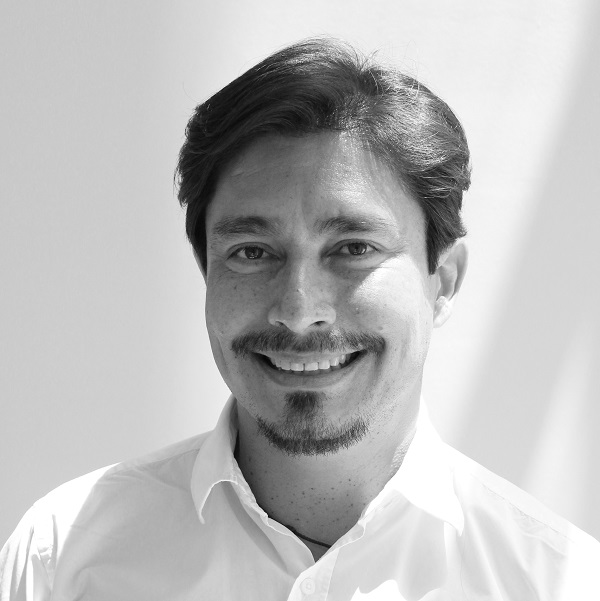 Luis Inostroza
Luis Inostroza
Treasurer
Institute of Geography,
Ruhr University Bochum, Germany
Dr. Luis Inostroza is a senior researcher at the Institute of Geography, Ruhr University Bochum, Germany. He applies spatially explicit quantitative methods based on GIS and remote sensing to analyse the metabolism of socio-ecological systems and their links to ecological and economic functions, from local to global scales, with working experience across Europe, Latin America, Africa and Asia. He is Associate Editor of Ecosystem Services, editor in chief of Change and Adaptation in Socio-ecological Systems and editorial board member of Landscape and Urban Planning. He is a member of the Society for Urban Ecology (SURE), member of the European Land-use Institute (ELI), and a chartered member of the Royal Institute of British Architects (RIBA). Dr. Inostroza is fluent in five languages.
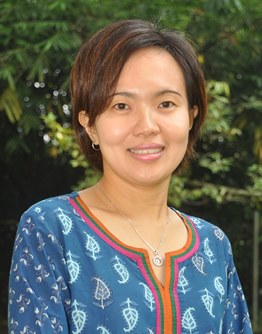
Beria Leimona
World Agroforestry Centre (ICRAF-SEA)
Jl. CIFOR, Situgede Sindabarang
Bogor, Indonesia
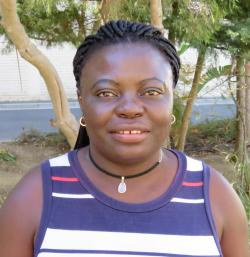
Benis Egoh
Department of Earth System Science,
University of California, Irvine, USA
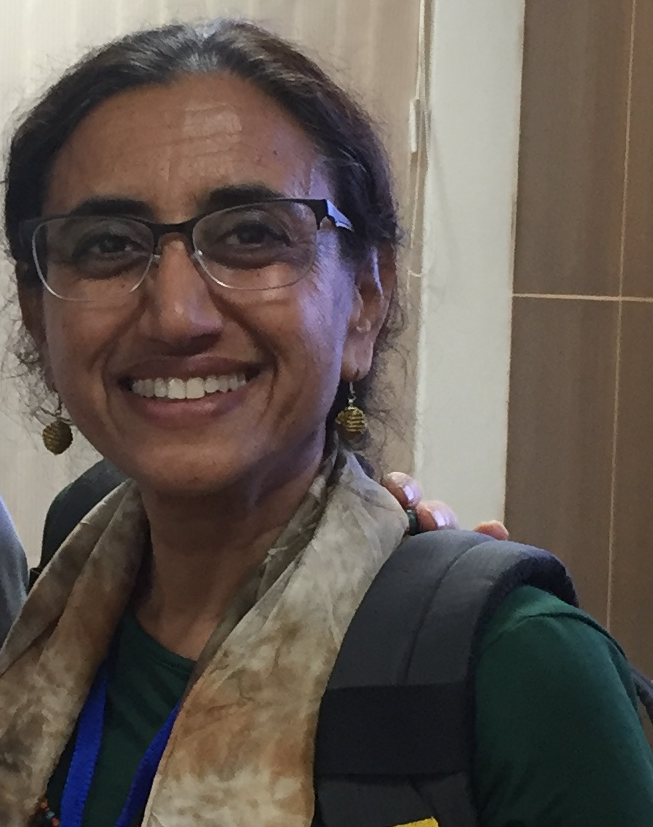
Kamaljit K. Sangha
Darwin Centre for Bushfire Research
Research Institute for the Environment and Livelihoods
Charles Darwin University, Australia
Dr. Kamaljit K. Sangha has gained skills and knowledge in a trans-disciplinary field of Ecological Economics over the last 20 years since her Master of Science (MSc) from Panjab University, Chandigarh, India. Initially, she worked on assessing the Economic value of exotic, Eucalytpus tereticornis and indigenous Dalbergia sissoo, plantations for rural communities in NW India. She did her PhD from Central Queensland University, Australia on “Evaluation of the effects of tree clearing over time on soil capability, pasture composition and productivity” and integrated ecological and economic attributes for understanding the long-term impacts of clearing to develop pastures. She worked as a Natural Resource Economist and then as a Lecturer teaching subjects on Ecological Economics, Agro-ecology, Indigenous Ecology and Culture at James Cook University, Australia.
Over the past 15 years, she has been extensively working with Indigenous communities in northern Australia, especially on linking ecosystem services from the rainforest and savanna ecosystems with the well-being of remote Indigenous communities. This work led her to develop Indigenous ecosystem services framework applying Capability Approach and innovative methods to evaluate Ecosystem Services.
She is author of a book ‘Ways to live in harmony with nature’ published by JoJo Publishing, VIC, in which she outlines how we can realise the importance of Mother nature’ services and benefits in our daily living and better manage our natural resources. She is co-editor of a book on ‘Sustainable Land Sector Development in Northern Australia: Indigenous rights, aspirations and cultural responsibilities.’
She has published about ~60 articles in various national and international journals, and conference proceedings.

Robert Costanza
Former co-chair and honorary EC member
Crawford School of Public Policy
Australian National University
Canberra ACT 0200, Australia
Former members
Below you find the former executive committee members.
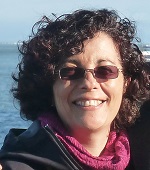
(2019-2022)
Institute for Ecosystem and Sustainability Research,
Universidad Nacional Autonoma de Mexico,
Mexico city, Mexico

(2019-2023)
Department for Natural Resource Sciences, McGill University, Ste-Anne-de-Bellevue, QC, Canada
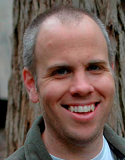
(2013-2018)
Murray-Darling Basin Authority (MDBA)
Canberra, Australia
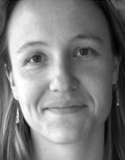
(2013-2018)
Crawford School of Public Policy
Australian National University
Canberra ACT 0200, Australia

(2013-2018)
Fenner School of Environment and Society
Australian National University
Canberra ACT 2600, Australia

(2013-2018)
The Global Mechanism of the UNCCD
United Nations Convention to Combat Desertifications
Via Paolo Di Dono 44, 00142 Rome, Italy
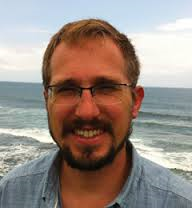
(member – 2014-2017)
CGIAR Program on Water, Land and Ecosystems
Bioversity International
Parc Scientifique Agropolis II, 34397
Montpellier Cedex 5, France

Nicholas Institute for Environmental Policy
Duke University, Durham
North Carolina, USA
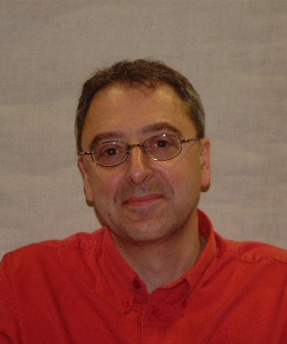
(founder – 2013)
Centre for Environmental Management
University of Nottingham
School of Geography, University Park, NG7 2RD, Nottingham, UK

(founder – 2013)
Institute for Natural Resource Conservation
Christian Albrechts University of Kiel
Olshausenstrasse 75, D-24118 Kiel, Germany

(founder – 2012)
Landscape Ecology Laboratory
University of Salento
Via Prov.le Lecce-Monteroni, 73100 Lecce, Italy

(founder – 2012)
Landscape Ecology Laboratory
University of Salento
Via Prov.le Lecce-Monteroni, 73100 Lecce, Italy
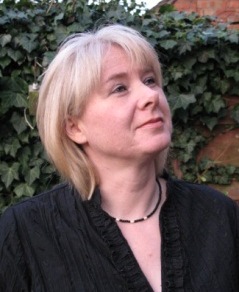
Centre for Environmental Management
School of Geography, University of Nottingham (formerly)
University Park, NG7 2RD, Nottingham, UK
